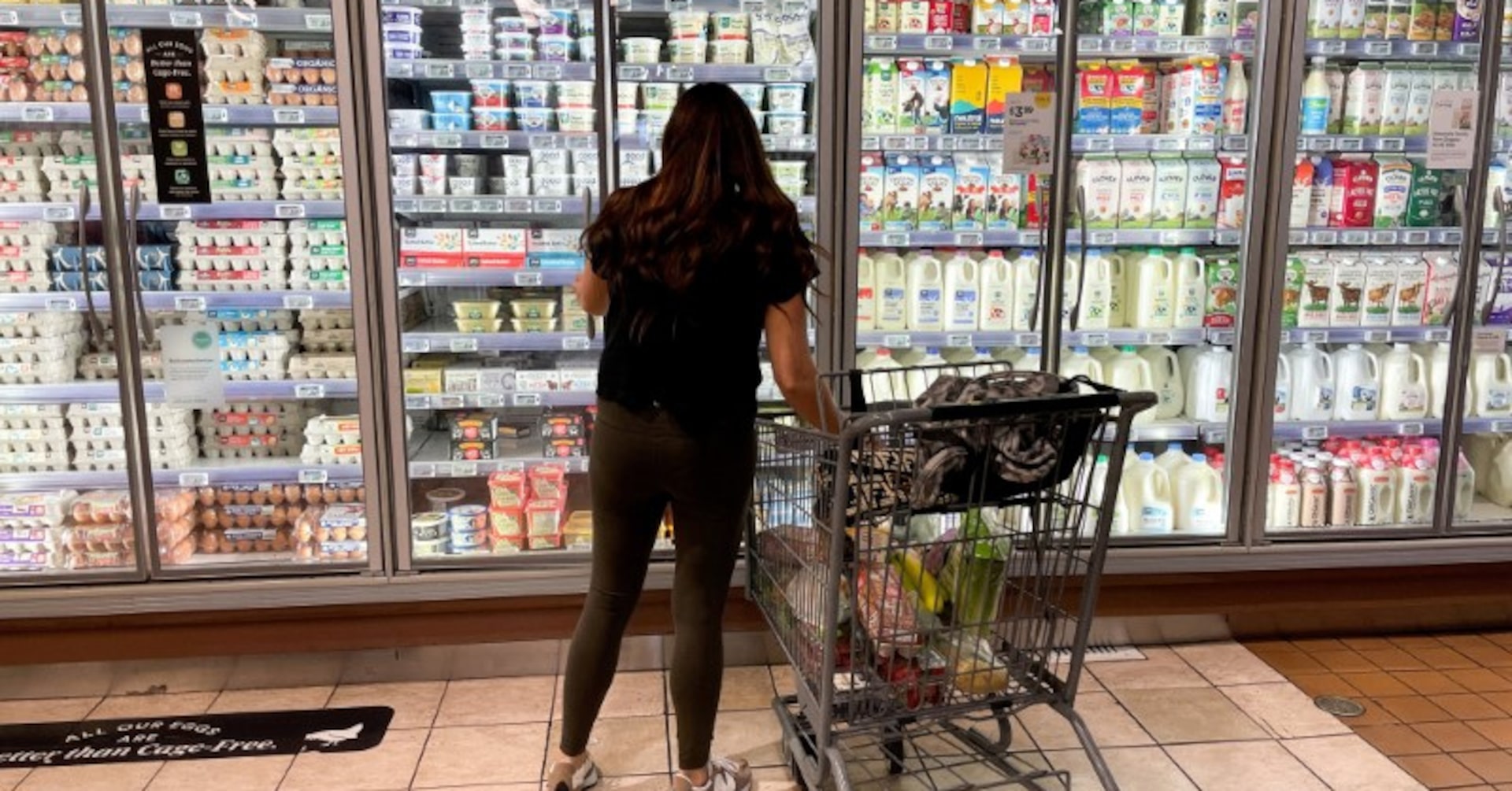WASHINGTON, Feb 25 (Reuters) – U.S. consumer confidence experienced its sharpest decline in 3-1/2 years in February, while 12-month inflation expectations surged, signaling growing anxiety among Americans about the potential economic impact of President Donald Trump’s policies. The Conference Board survey highlighted that responses were dominated by concerns over the current administration and its policies. This follows recent surveys showing significant drops in both business and consumer sentiment in February. Tariffs on imports, a key policy focus, have been identified as a major concern across nearly all surveys of households and businesses. Economists noted that unprecedented layoffs of federal government workers are also affecting consumer confidence, posing risks to spending, a critical driver of the economy. “Americans are increasingly pessimistic about the outlook,” said Christopher Rupkey, chief economist at FWDBONDS. The Conference Board’s consumer confidence index fell by 7 points, the largest drop since August 2021, reaching 98.3 this month. Confidence decreased across all age groups, with notable declines among those aged 35-55. Most income groups reported drops, except for households earning less than $15,000 or between $100,000–125,000 annually. The survey also noted a sharp rise in mentions of trade and tariffs, reaching levels not seen since 2019. Following Trump’s election, business and consumer sentiment initially surged on hopes of deregulation, tax cuts, and low inflation. However, new tariffs on imports from China, Mexico, and Canada, along with mass layoffs of federal workers by the Department of Government Efficiency, have raised concerns about higher prices and reduced economic activity. Economists warn of a prolonged period of slow growth and high inflation, complicating the Federal Reserve’s position. The Fed paused interest rate cuts in January to assess the economic impact of Trump’s policies. Consumers’ average 12-month inflation expectations rose to 6%, the highest since May 2023. The labor market differential, which correlates with the unemployment rate, declined to 17.1 from 19.4 in January. Financial markets anticipate further rate cuts by the Fed. Planned consumer spending on big-ticket items and services showed declines, reflecting growing economic uncertainty. “This adds to the building evidence that economic growth will moderate this year,” said Ben Ayers, senior economist at Nationwide. — news from Reuters
